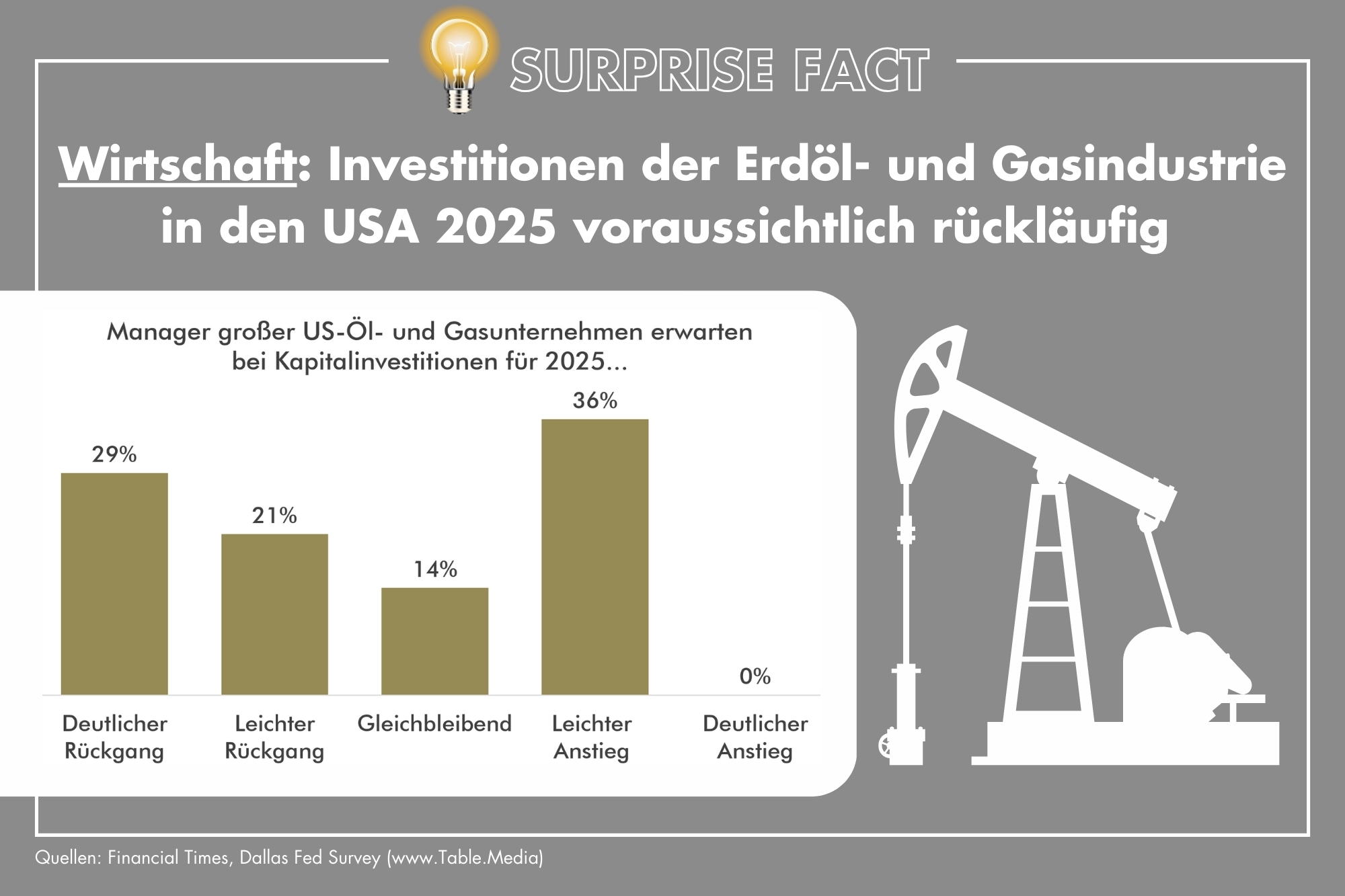Robot-psychologist Martina Mara and AI-expert Sepp Hochreiter discussed with Markus Hengstschläger and students in the context of the European Forum Alpbach, whether mankind should rely on artificially intelligent systems.
Robots must still earn trust
Smart technologies control or guide more and more areas of human life are. However, Robots and artificial intelligent systems still have to work hard to earn the trust of humankind. Martina Mara (Ars Electronica Futurelab) and Sepp Hochreiter (Institute of Bioinformatics of the JKU-Linz) agreed on that at the fireside-talk organized by Club Alpbach Oberösterreich together with ACADEMIA SUPERIOR.
Artificial intelligence will change everything
The relevance of the topic is high. President Michael Strugl was convinced: „Artificial intelligence will change everything”. And Hochreiter, who will lead the new Artificial Intelligence Lab at the JKU, predicted, „In ten years, we will carry the brain capacity of a human being with us in every smartphone. Then, artificial intelligence will have more impact on mankind than the invention of the computer”.
Hochreiter is a research-pioneer on artificial intelligence and developed algorithms for neural networks and deep learning already 20 years ago. His scientific work is now found in almost every smartphone and is basis, for example, of the voice recognition technology on mobile devices. The whole IT-world is following to his research at the JKU-Linz.
Making robots predictable
For that research can be carried out in reality, people have to rely more on artificially intelligent systems. The research-focus of Martina Mara. She deals with how robots should look, communicate, and behave, so that people feel comfortable with them. „The predictability of robot behavior is crucial for the introduction of artificially intelligent systems,” told Mara about the experience of automotive industry in the design of self-driving cars.
„Intelligent systems must be able to explain why they have made what kind of decision.” — Martina Mara
Technically, according to Mara, is today more possible than is implemented in the market. What hinders autonomous cars in the market are mainly ethical, moral and legal issues, but also the skepticism of the consumers. Artificial intelligence is not only because of films like Terminator or Blade Runner, in which machines turn against humans, connected with fears. „An intelligent system would never make something stupid like that,” Hochreiter pleaded passionately.
How to design smart systems smart
It is crucial to start with the design in order to counter these fears. „Machines should be designed in such a way that they are immediately recognizable as machines,” Mara referred to a phenomenon known as „uncanny valley” or „acceptance gap”: human-like machines do not produce trust, but fear. „As soon as robots claim they are human, it becomes creepy. The closer robots get to us, the more uncomfortable it becomes,” says Mara, who is a member of the newly founded Austrian Council for Robots, which will develop a local strategy for the handling of intelligent machines.
„Through artificial intelligence, people will not speak less, but more with each other.” — Sepp Hochreiter
The lively discussion with the students raised questions such as whether robots will trigger loneliness or depression in people, how the cooperation between man and machine will be designed in the future and when self-propelled cars can be expected in the mass market. In 2024, Hochreiter and Mara agreed. But first of all, such cars might still have to enter the „car kindergarten” to get a driver’s license.
Among the 70 discussion guests were among others the students and scholarship holders of the Club Alpbach Oberösterreich. Also Rector Univ.-Prof. Dr. Meinhard Lukas (JKU-Linz), Eveline Pupeter (Emporia), DI (FH) Werner Pamminger (Economic Agency of Upper Austria).







